Understanding the Critical Role of Climate Control in Vinyl Preservation
Vinyl records represent more than just music—they’re valuable investments that require precise environmental conditions for optimal preservation. Whether you’re a serious collector or a casual enthusiast, understanding the science behind proper vinyl storage can mean the difference between maintaining or diminishing your collection’s value.
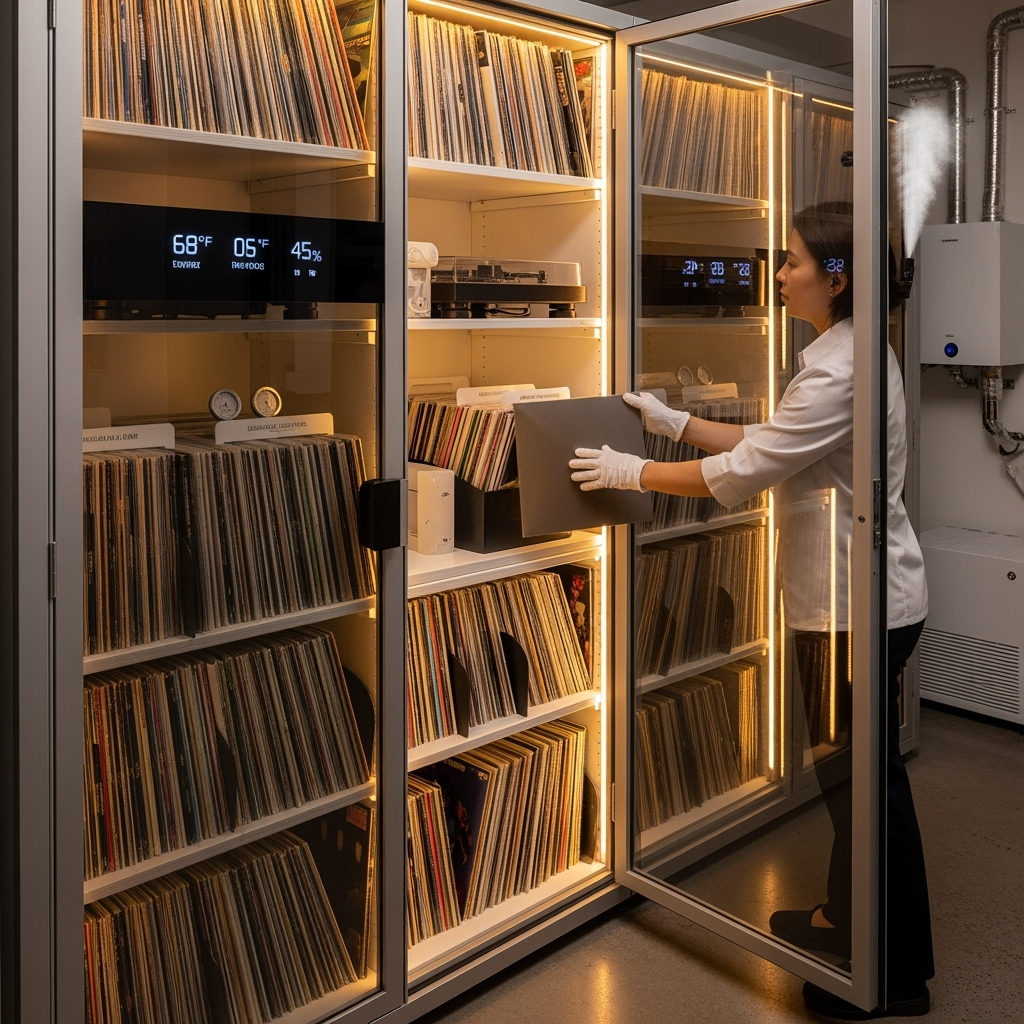
The Science of Temperature and Humidity Control
Vinyl records are particularly susceptible to environmental factors that can cause irreversible damage. The ideal storage conditions include:
- Temperature: Maintain a consistent 65-70°F (18-21°C)
- Humidity: Keep relative humidity between 45-50%
- Light exposure: Minimal to none
- Air quality: Filtered to prevent dust accumulation
Professional Storage Solutions for Serious Collectors
Climate-controlled storage units offer specialized solutions that standard storage cannot match. Key benefits include:
- 24/7 temperature monitoring systems
- Humidity control technology
- Air filtration systems
- Protection from UV exposure
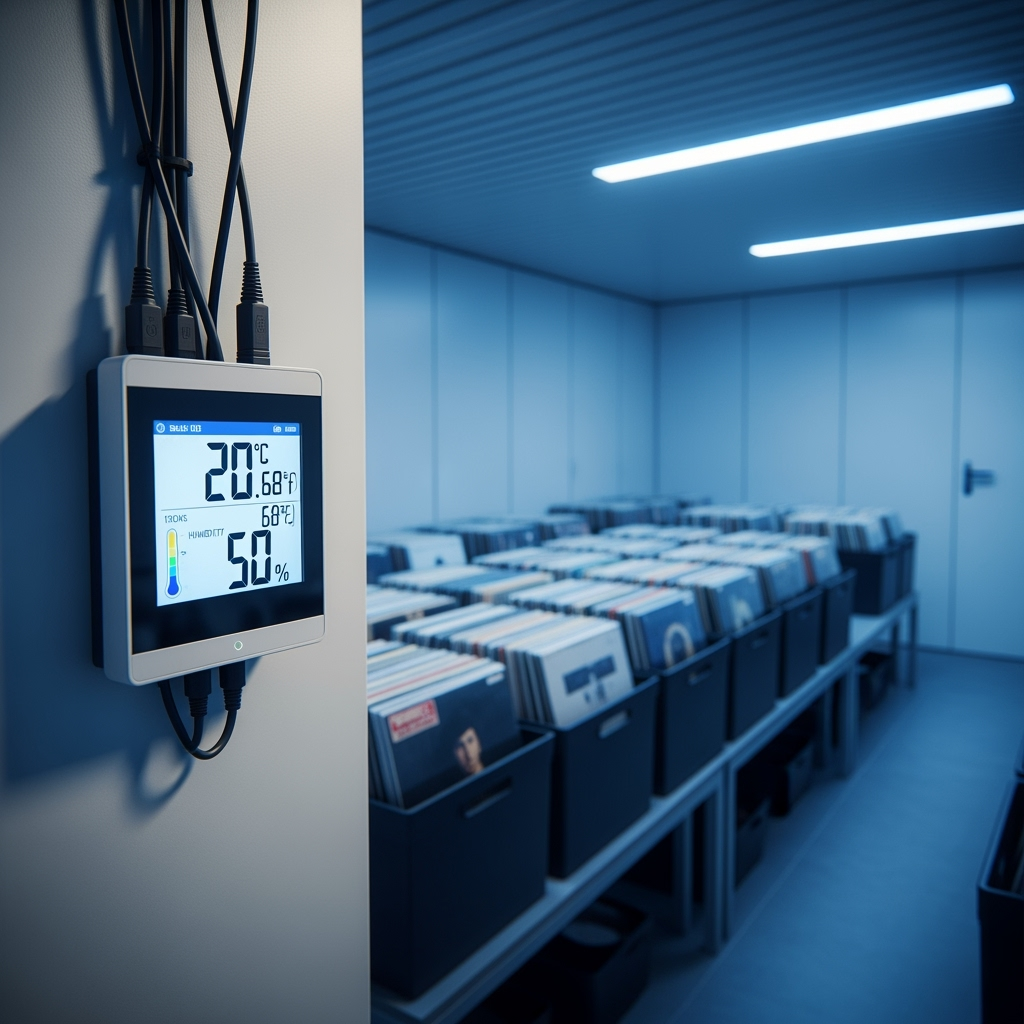
Proper Storage Techniques for Long-Term Preservation
Beyond climate control, proper storage techniques are crucial:
- Store records vertically to prevent warping
- Use high-quality inner sleeves
- Implement proper spacing between albums
- Regular inspection and cleaning routines
Advanced Climate Monitoring and Maintenance
Professional collectors should consider implementing:
- Digital temperature monitoring systems
- Remote humidity alerts
- Regular climate control system maintenance
- Backup power solutions for consistent protection
Investment Protection Strategies
For valuable collections, consider:
- Insurance coverage specific to vinyl collections
- Documentation of collection value
- Regular professional appraisals
- Emergency response plans for climate control failures
Signs Your Current Storage May Be Inadequate
Watch for these warning signs:
- Warped or damaged records
- Static electricity buildup
- Visible dust accumulation
- Inconsistent playback quality
Making the Transition to Climate-Controlled Storage
When moving your collection to climate-controlled storage:
- Gradually adjust temperature and humidity
- Clean and inspect each record
- Update storage materials and containers
- Implement new monitoring systems
Conclusion: Protecting Your Musical Investment
Climate-controlled storage isn’t just a luxury for vinyl collectors—it’s a necessity for preserving both the monetary and musical value of your collection. By implementing proper storage techniques and maintaining optimal environmental conditions, you’re ensuring your vinyl collection remains a valuable investment for years to come.




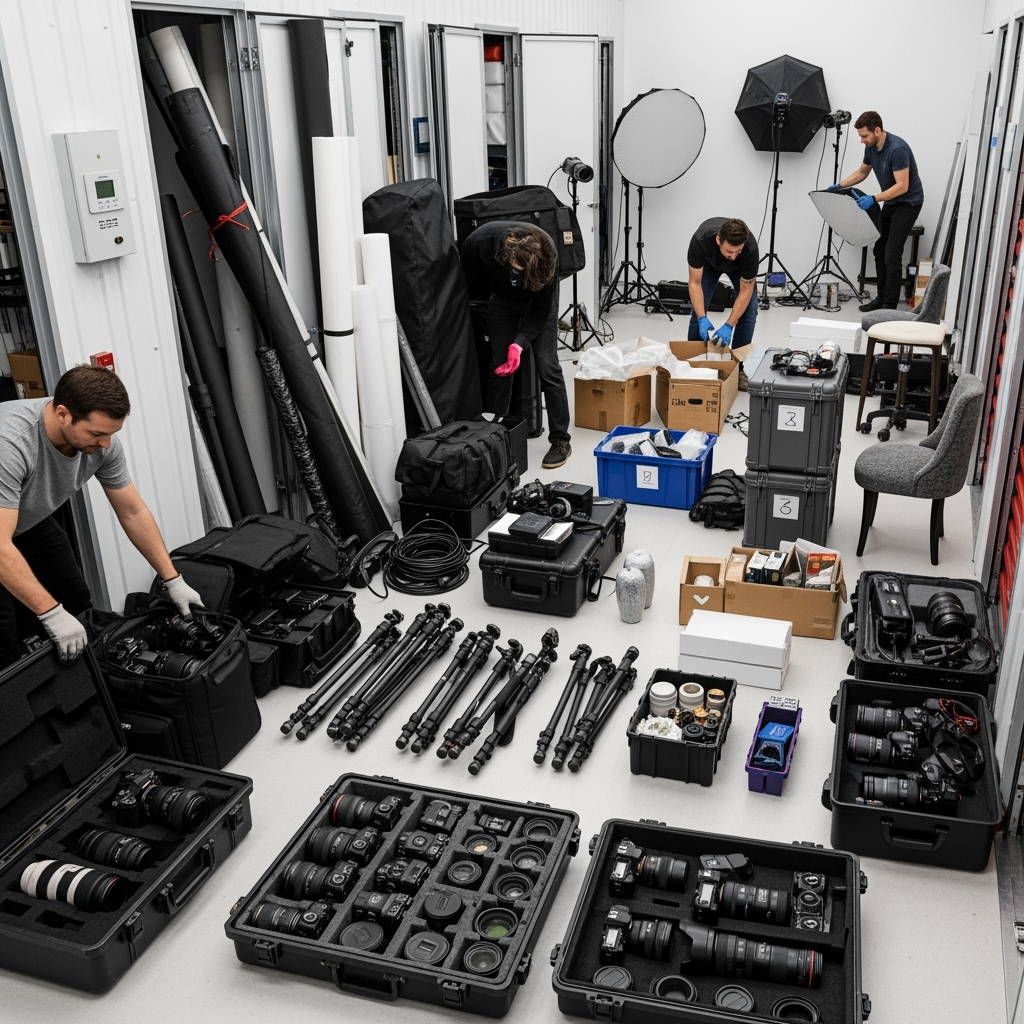
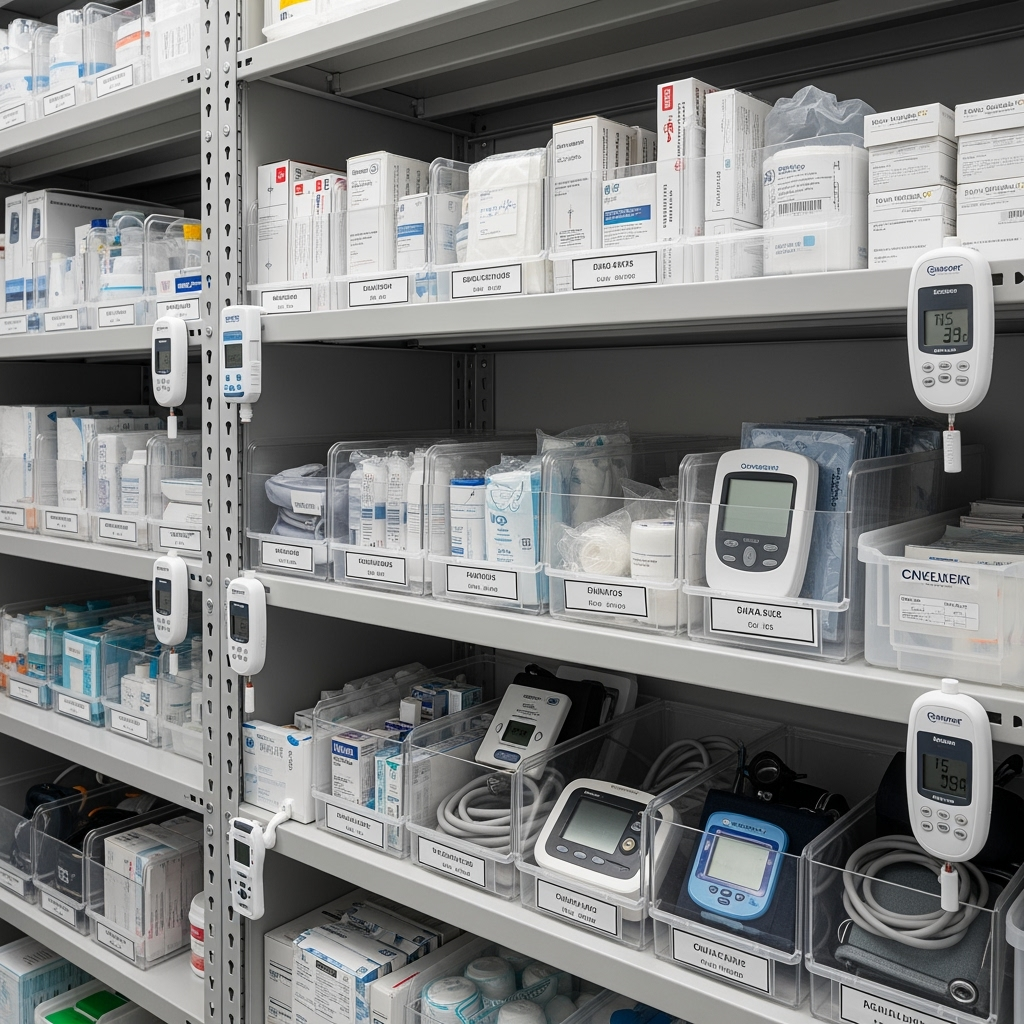
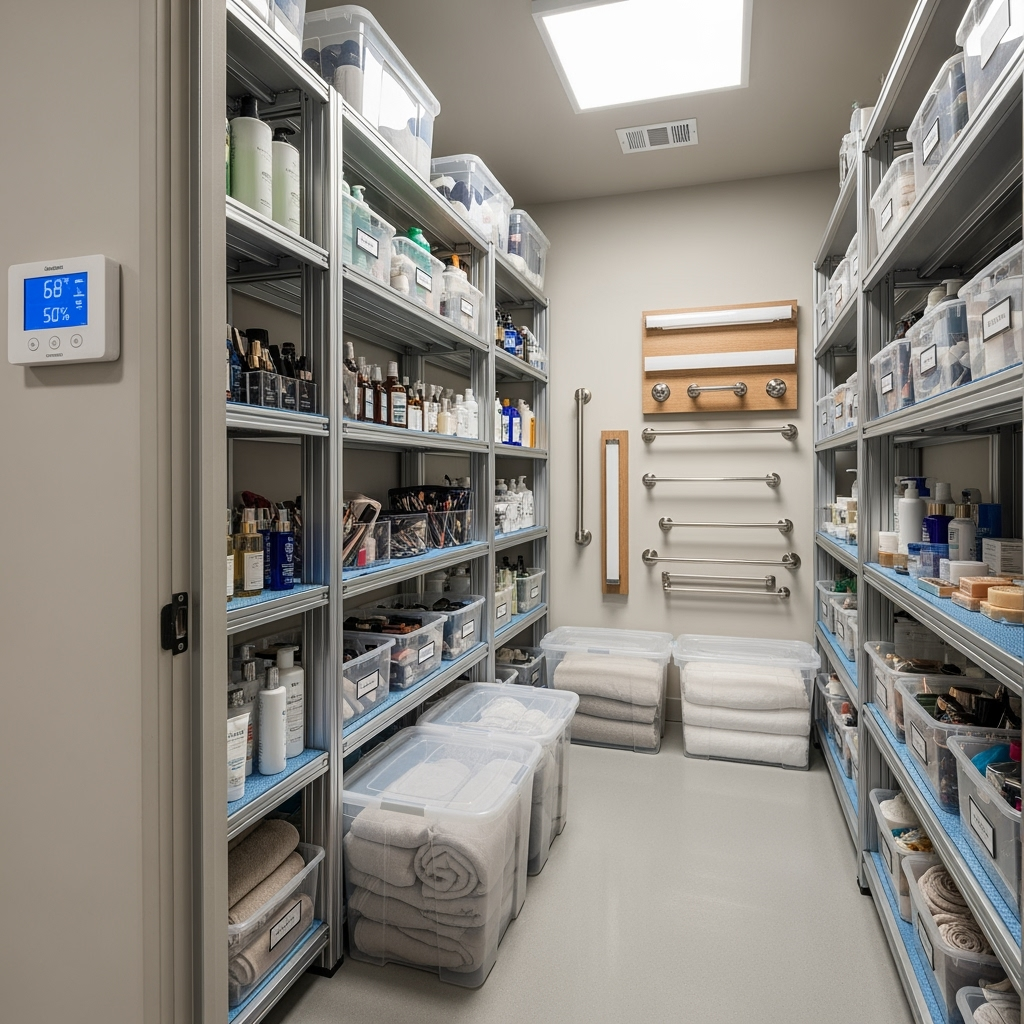
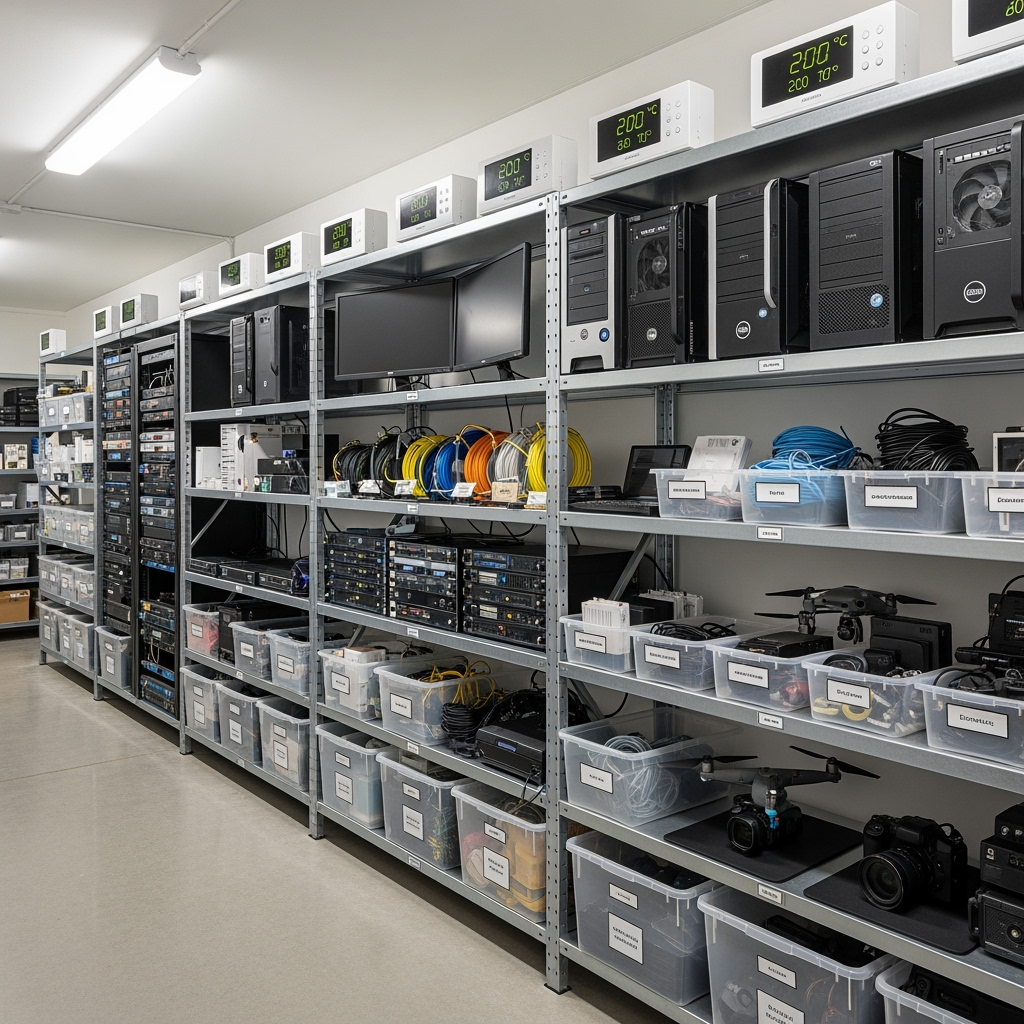

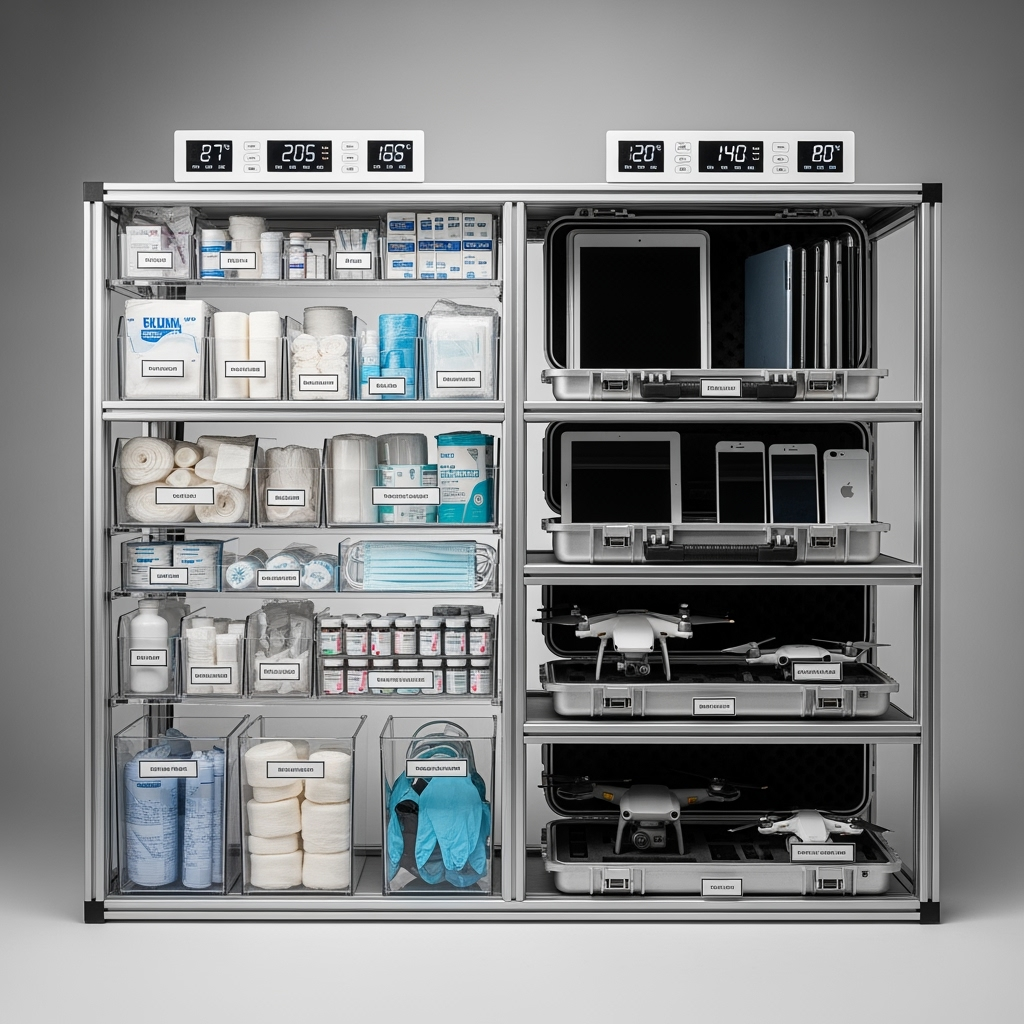
Leave a Reply